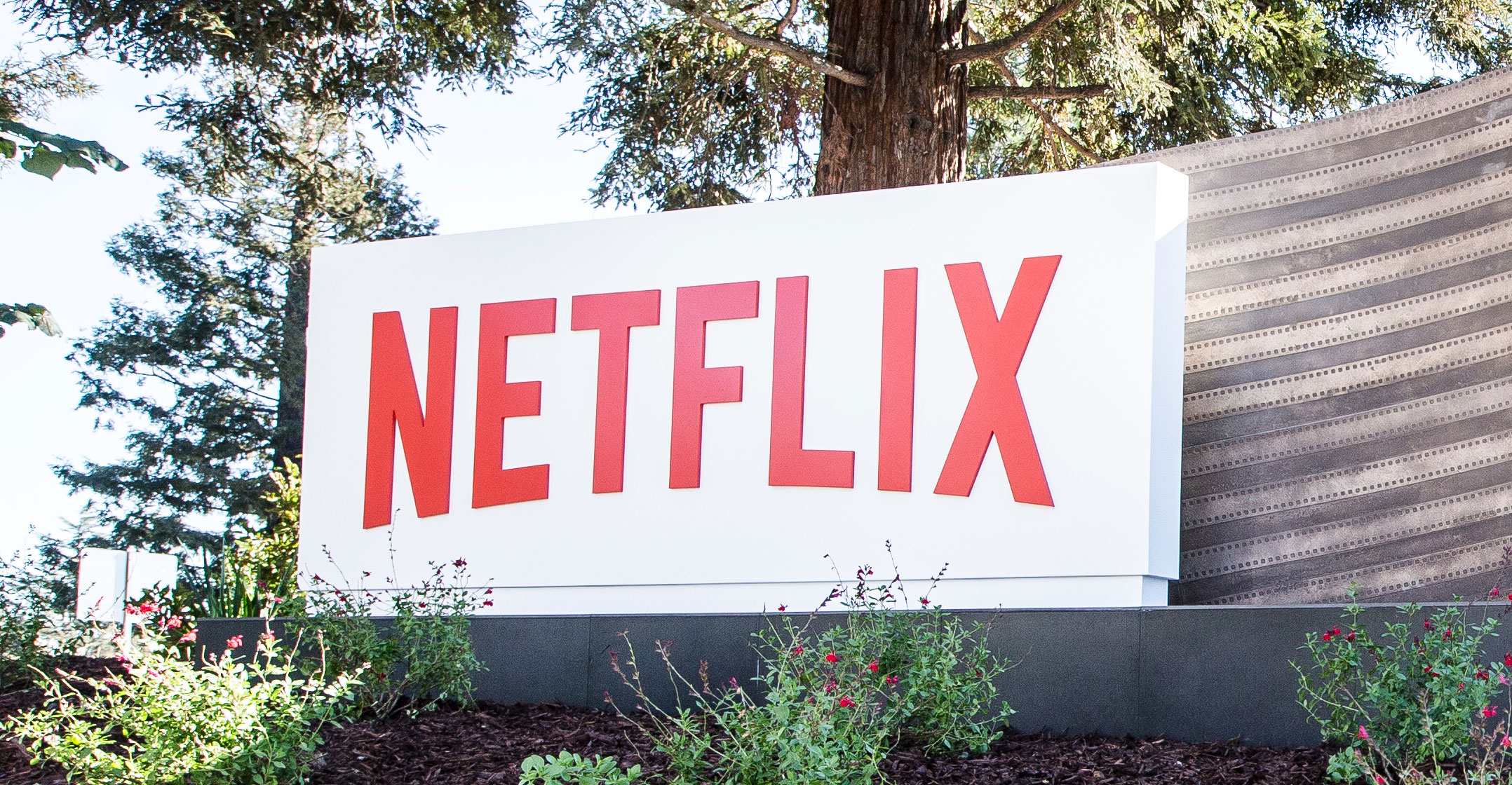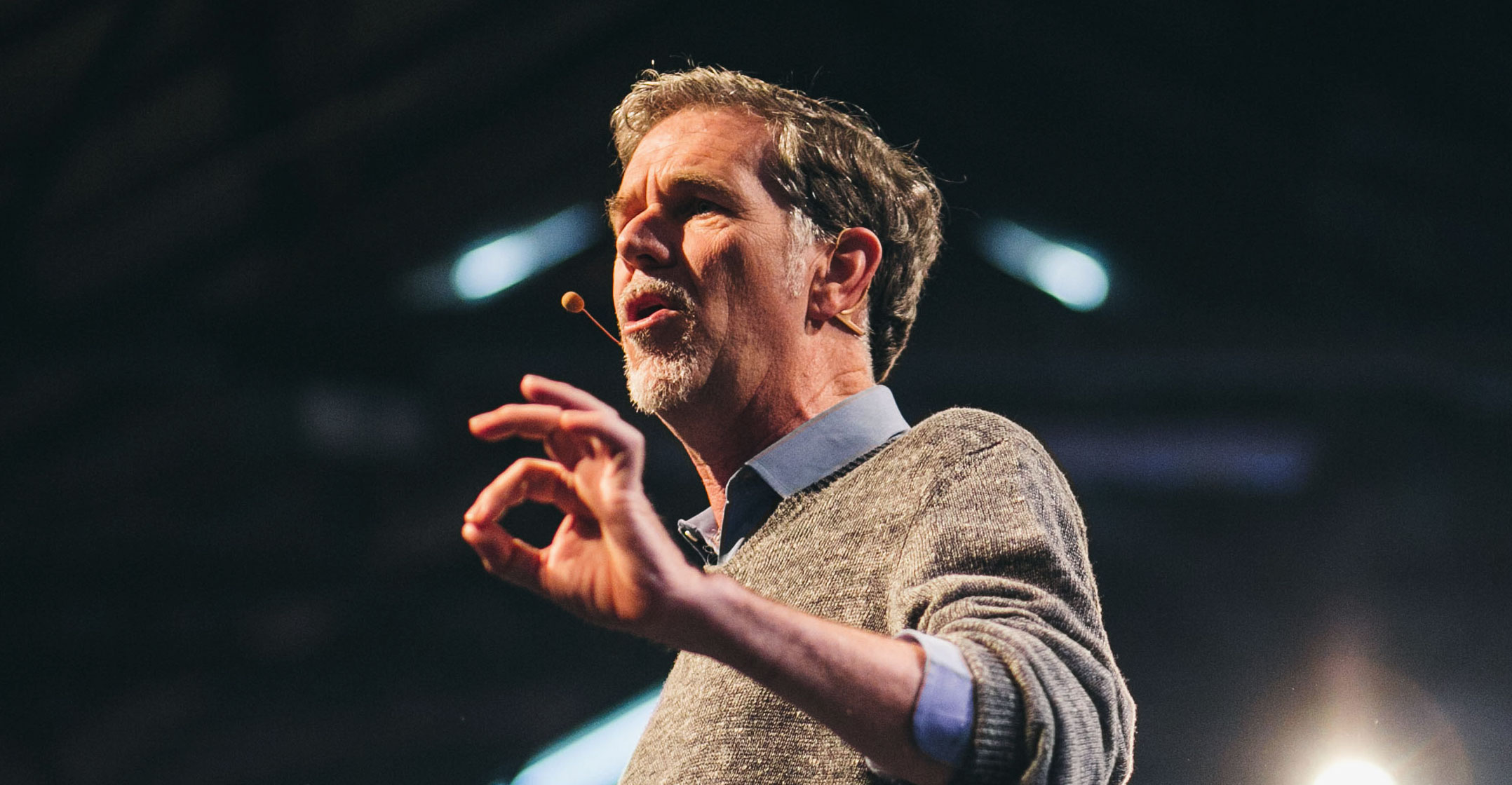
[dropcap]I[/dropcap]’m going to quiz you on two companies. One of them makes complex cars. The other makes Adam Sandler movies. Which one would you guess is bleeding more cash in pursuit of its mission?
Pencils down. The answer is Adam Sandler’s patron, Netflix. It had negative free cash flow of US$2.1bn in the 12 months ended 30 June and is on the hook to pay more than $13bn in the next three years for its entertainment programming. Netflix’s San Francisco Bay Area neighbour, the notorious cash bonfire Tesla, had negative $1.6bn of free cash flow in the year ended 31 March.
Both companies have ambitious growth plans and have the support of stockholders to bleed cash for a while to pursue what could be huge payoffs. Netflix is splurging on movies and TV series to offer something unique to its Web video subscribers, and it is on the hunt to make Netflix popular nearly everywhere in the world.
This two-pronged strategy could pay off, but it is messy in the meantime. Netflix hasn’t had positive free cash flow — that’s cash from operations minus capital expenditures — for three years. And the company repeated in a letter to investors on Monday that it expects to have negative free cash flow “for many years”.
None of this is news to Netflix observers. The company has to pay cash upfront to produce its own programming like those Adam Sandler comedies. Unlike at Tesla, though, where its cash burn has become a closely watched metric, Netflix stock and bond owners appear unperturbed about its cash-burning ways. They should be paying closer attention.
Shares keep rising
Netflix shares rose sharply after hours on Monday after the company reported it signed up more subscribers than expected in the second quarter. Netflix absolutely needs to keep adding customers so it can pay for all that programming. More on this in a moment.
Netflix has said that its ratio of debt to stock market value is lower than that of other media companies. That’s true, but this figure doesn’t account for the billions of dollars in contractual payments Netflix has agreed to make, largely for its own programming.

Netflix is on the hook for $15.7bn in coming years, nearly all within three years. About half of that amount doesn’t appear on Netflix’s balance sheet and therefore isn’t captured in traditional metrics used to calculate debt burdens. The company has disclosed it believes this figure is likely to go up by $3bn-$5bn within three years to account for “unknown future titles”. The company on Monday provided a new disclosure that breaks down how it accounts for its programming obligations.
It’s not unusual for entertainment companies to owe significant sums for programming that doesn’t all show up on balance sheets. For example, Walt Disney has disclosed it owes $51bn for programming, nearly all for the rights to televise sports such as US National Football League games.
Where Disney diverges from Netflix is the Mouse House generates more than $8bn of free cash each year, which should more than cover these payments. Netflix needs to raise more cash. Netflix has sold bonds twice since the northern hemisphere autumn, largely to finance its programming costs, and will most likely borrow more. “We think it’s wise to continue to invest,” Netflix told investors Monday.
Debt investors are usually a nervous bunch, but they’re not worried about Netflix’s cash position. The bonds Netflix sold last fall offer about two percentage points lower yield than bonds sold by comparably rated companies, according to Bloomberg and Bank of America Merrill Lynch index data.
The benefit of Netflix’s programming binge is the more buzzy series and movies Netflix creates the more it lures people to sign up for entertainment they can’t watch anywhere else. And the more subscribers Netflix lands, the richer the financial payoffs the company gets from the fixed costs of its own programming.
That’s why Netflix’s shares react to any news about subscriber gains — no matter that Netflix doesn’t believe this is an important metric. Netflix needs to add more customers for its costly strategy to pan out.
No one will remember a temporary cash fire if Netflix becomes a new generation global media titan and profits rain for years to come. In the meantime, investors shouldn’t shrug off the costs of Netflix’s ambitions. — Column by Shira Ovide, with a contribution from Lisa Abramowicz, (c) 2017 Bloomberg LP

